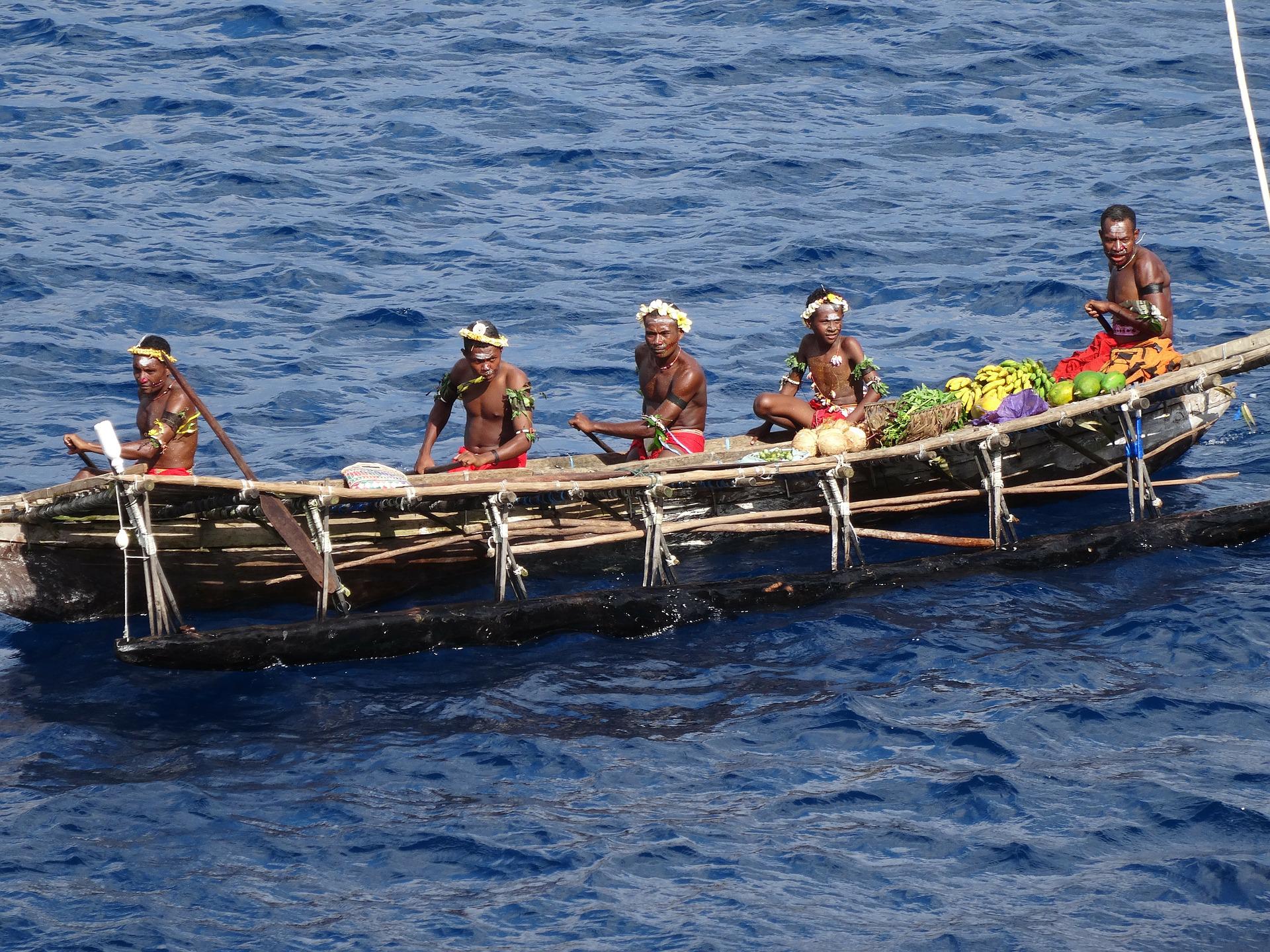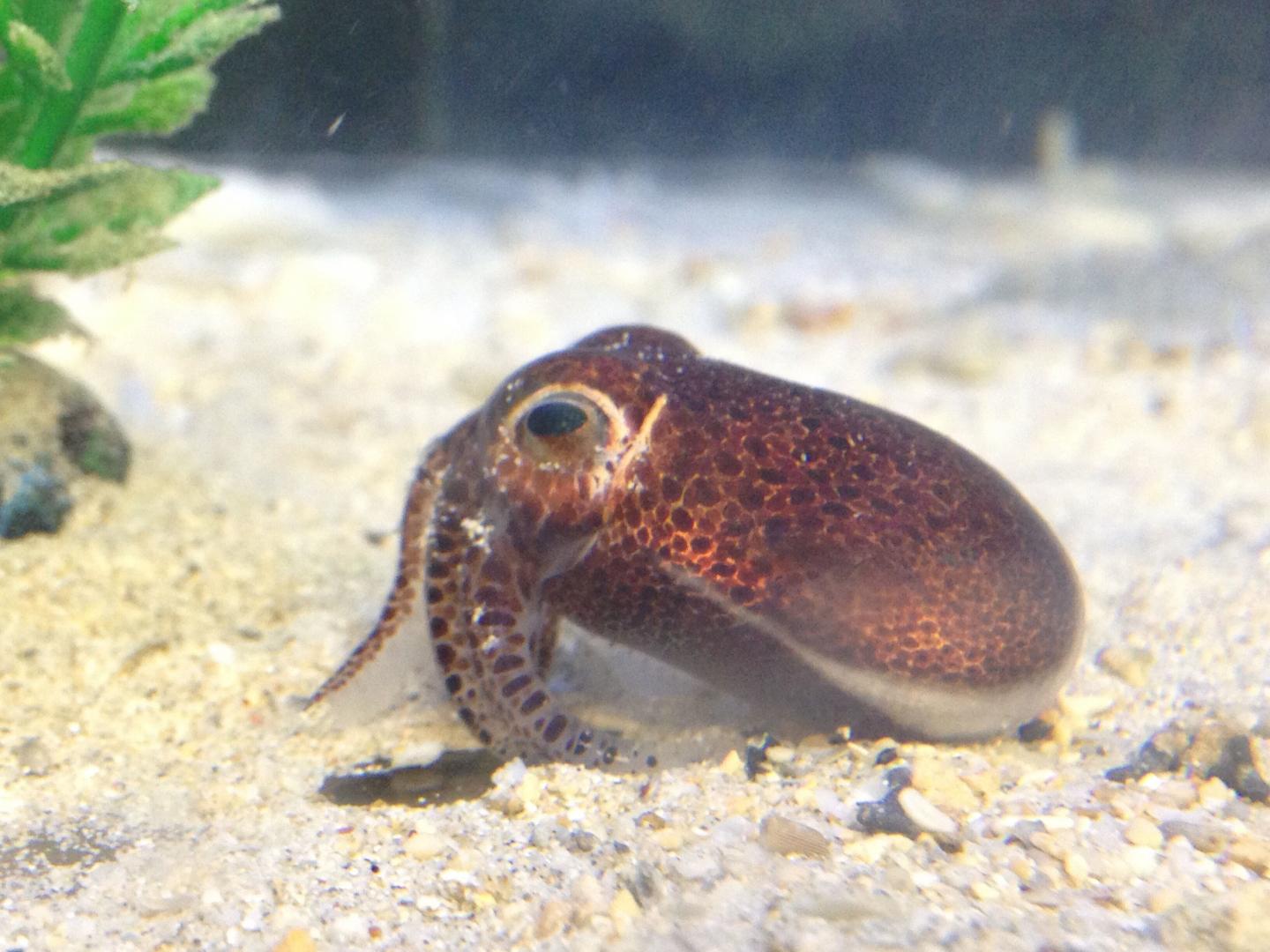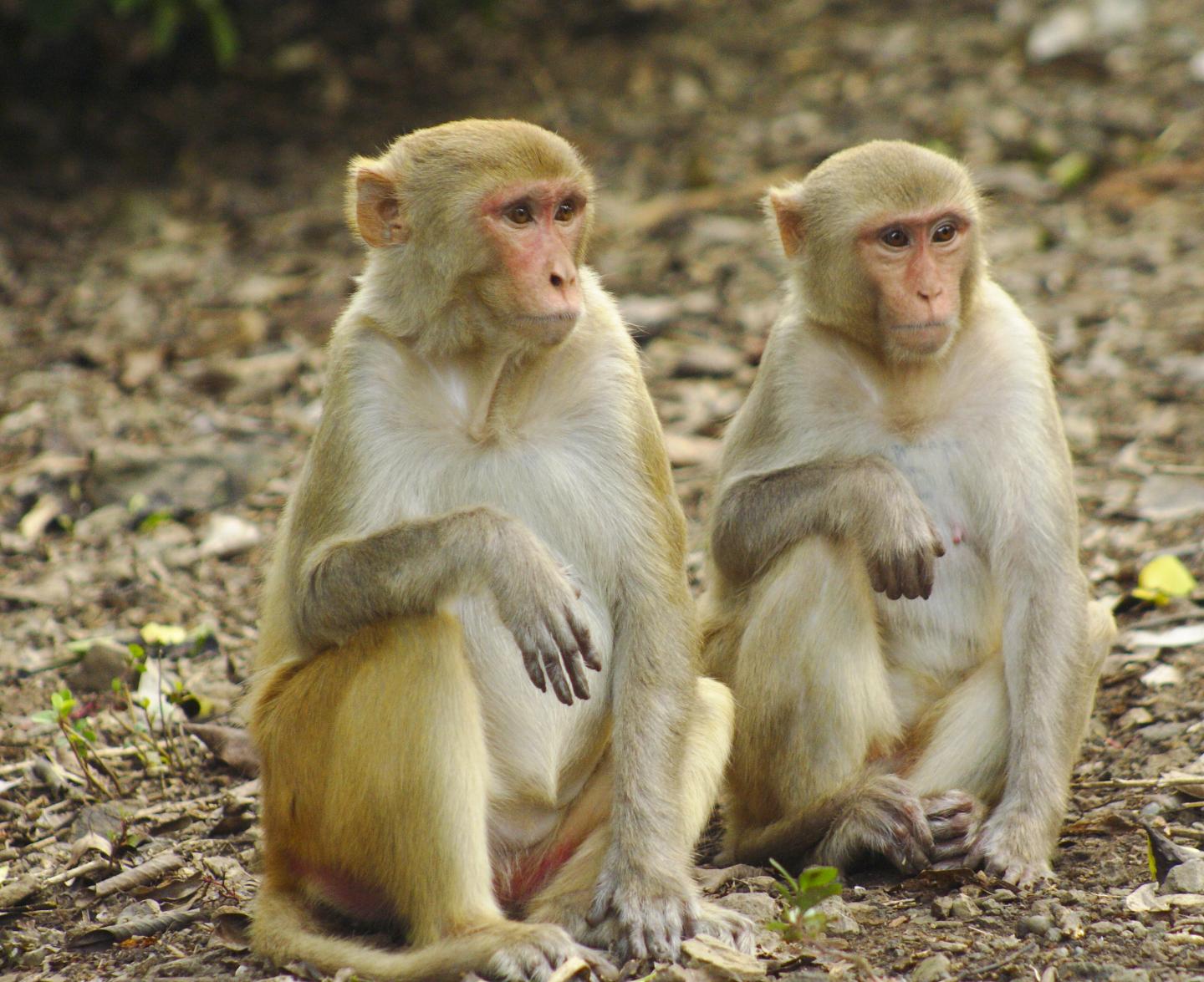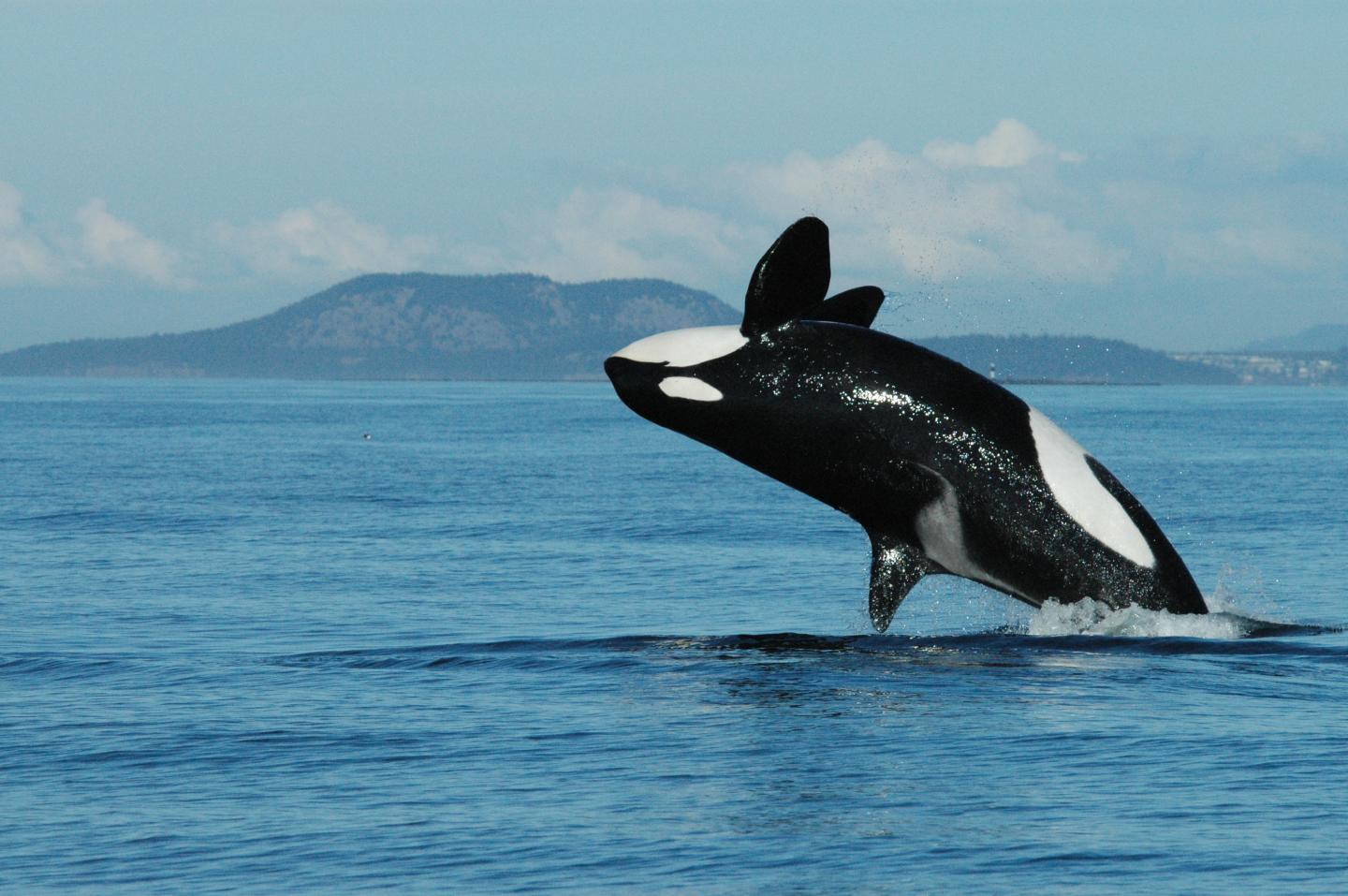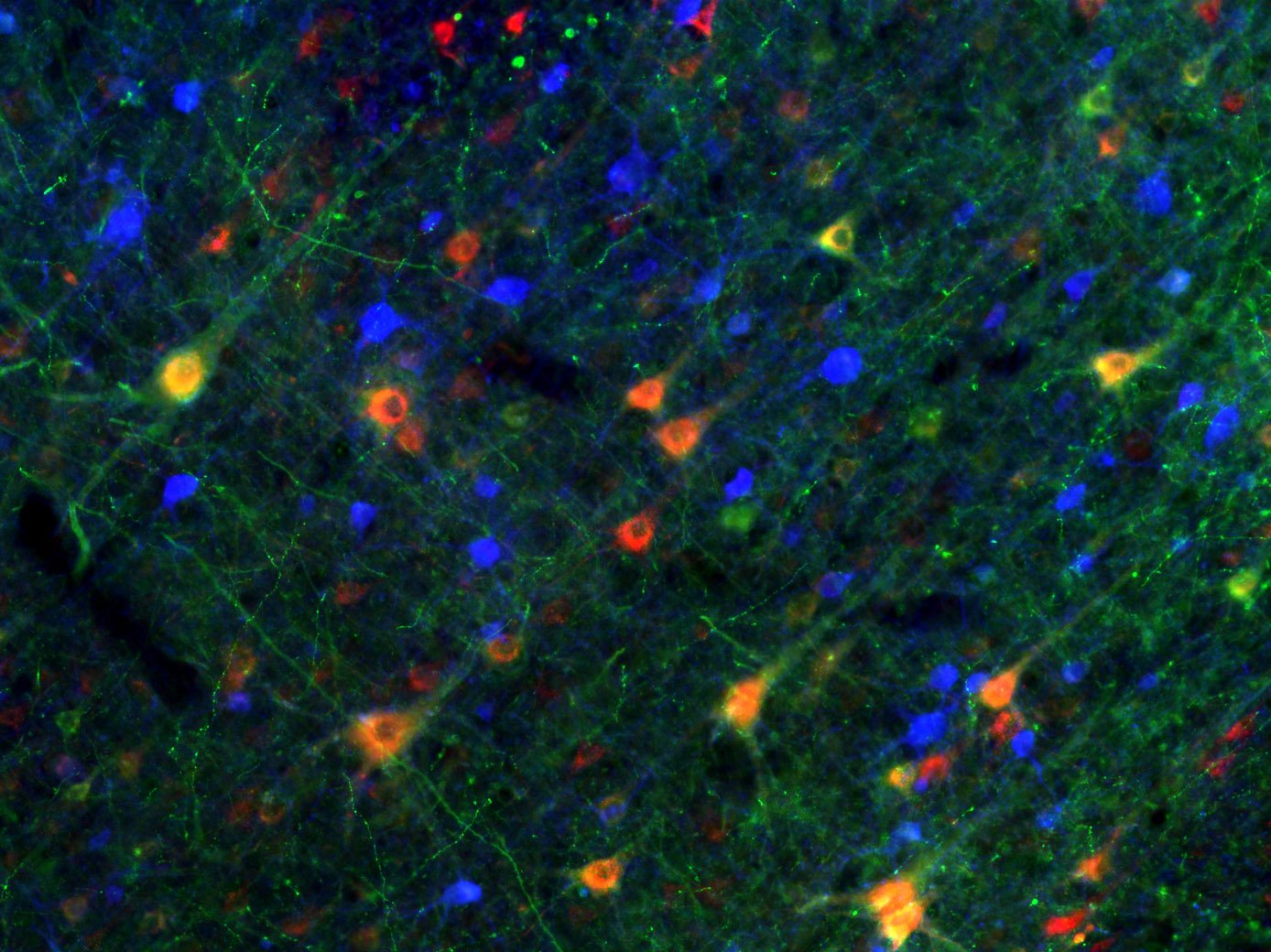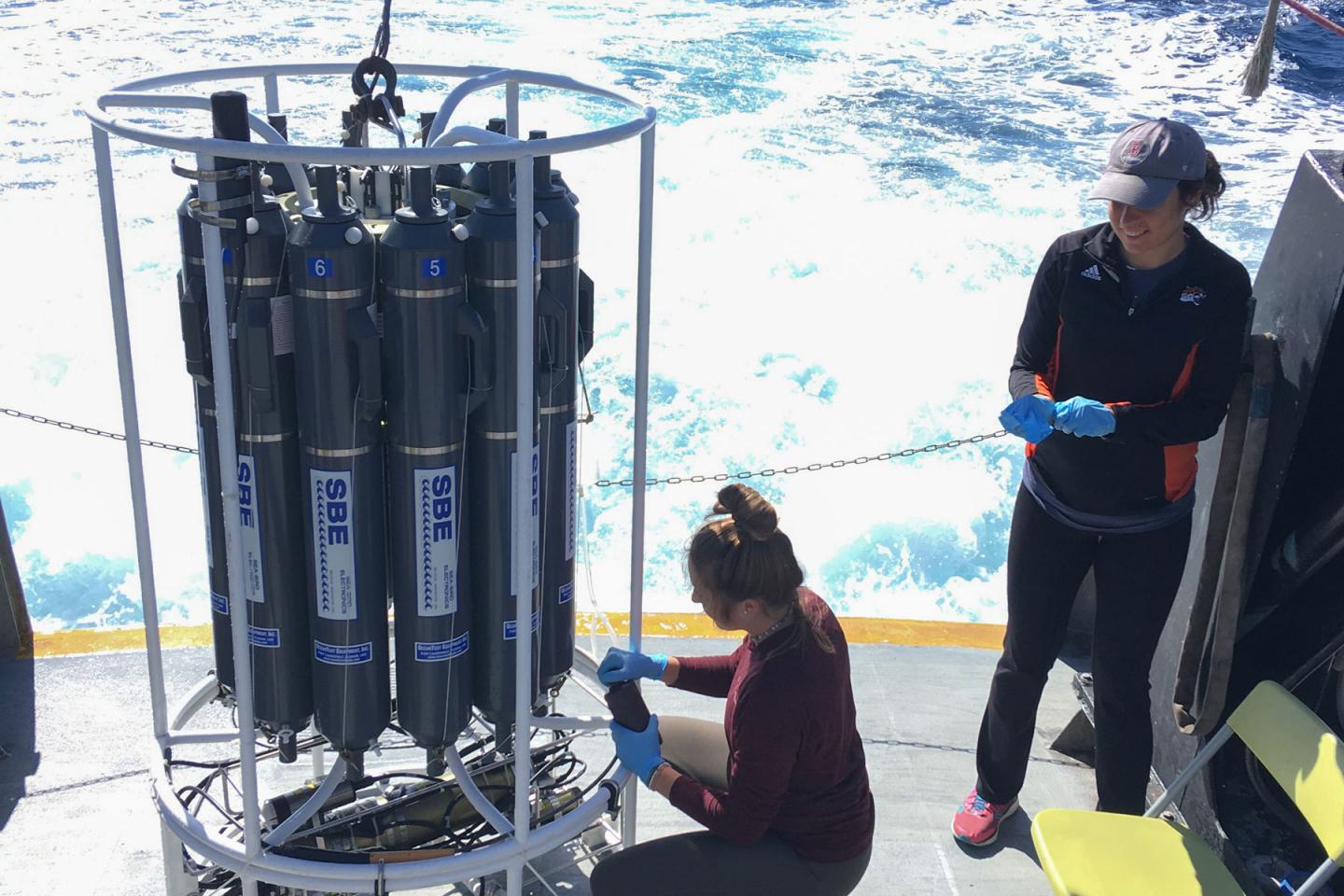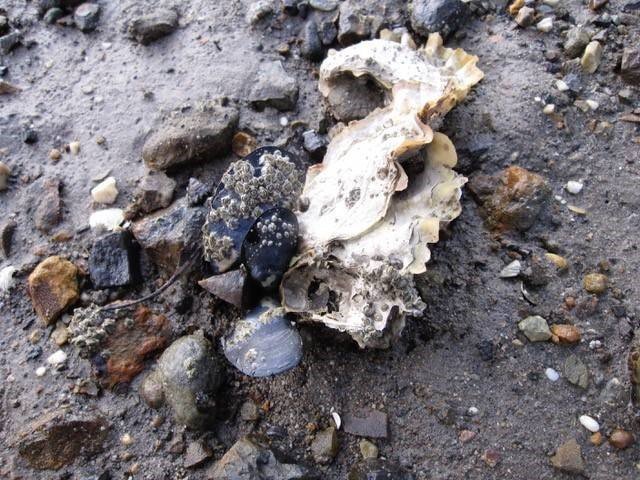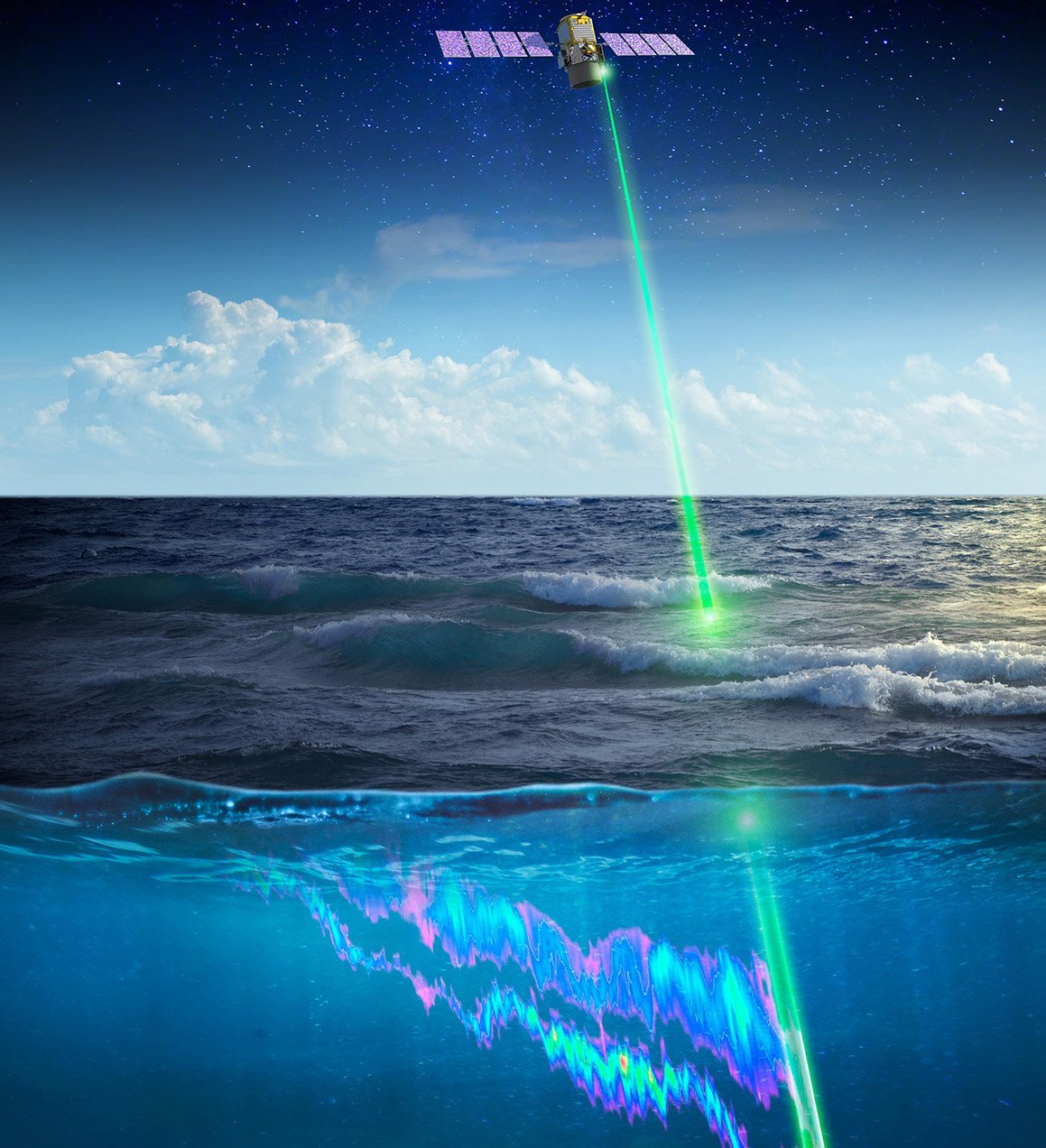New Guinea’s biocultural diversity in the face of climate change
New Guinea is the largest and most mountainous tropical island in the world (Fig. 1). Shaped like a bird, its “head-to-tail” distance is equivalent to travelling from London to Istanbul and its north-south “wingspan” approximates the length of Spain. Its west-east “dorsal spine”, in turn, sustains the highest cordillera between the Himalayas and the Andes. … Read more
